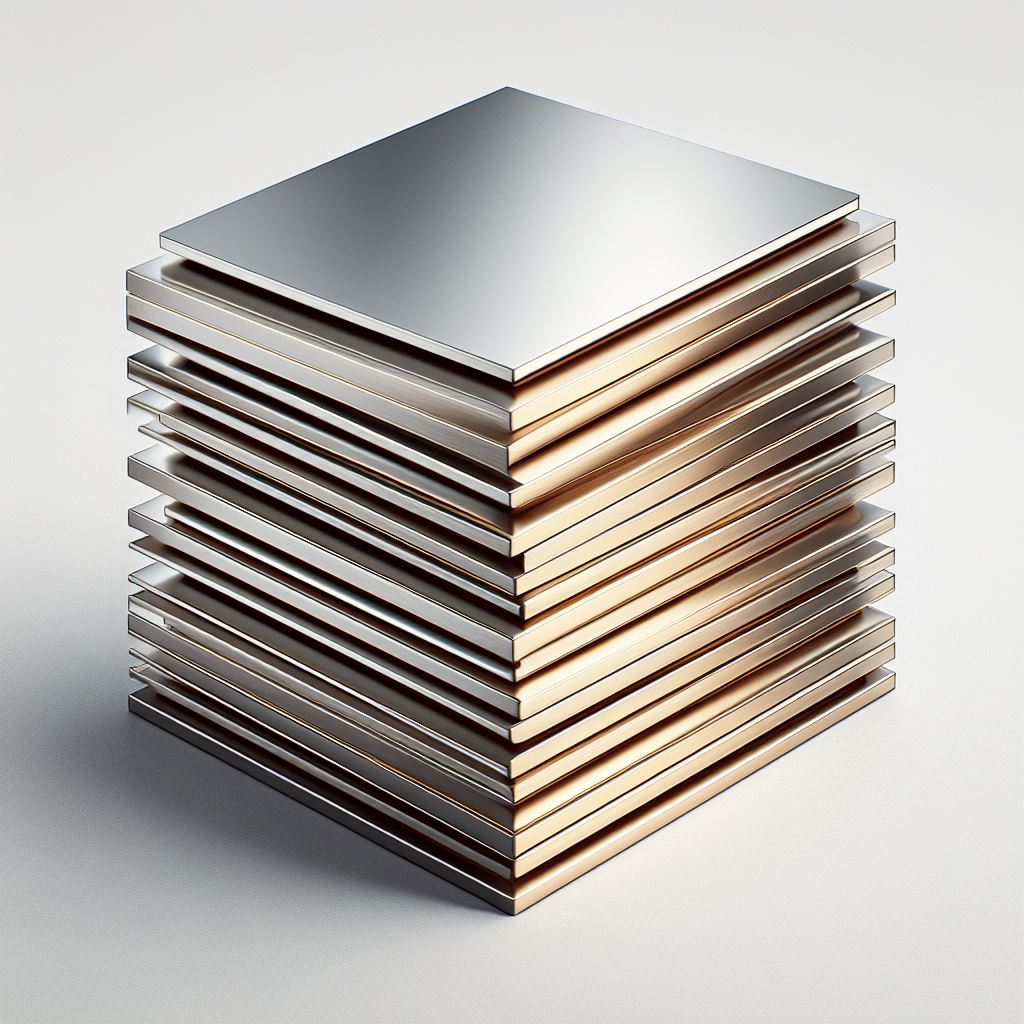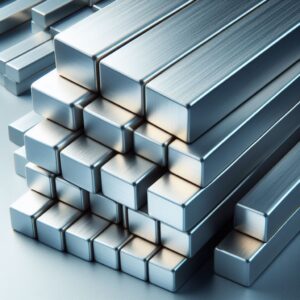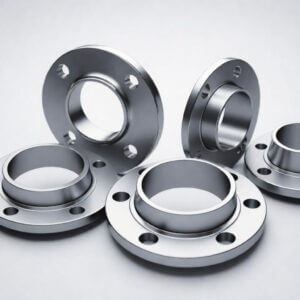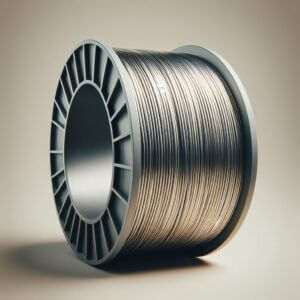Inconel 718丨UNS N07718
Inconel 718 is a precipitation-hardenable nickel-chromium alloy also containing significant amounts of iron, niobium, and molybdenum along with lesser amounts of aluminum and titanium. It combines corrosion resistance and high strength with outstanding weldability, including resistance to post-weld cracking. The alloy has excellent creep-rupture strength at temperatures to 1300°F (700°C). Alloy 718 is age-hardenable and can be readily fabricated, even into complex parts.




